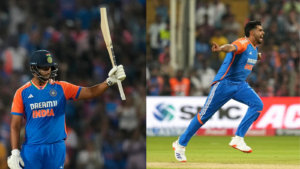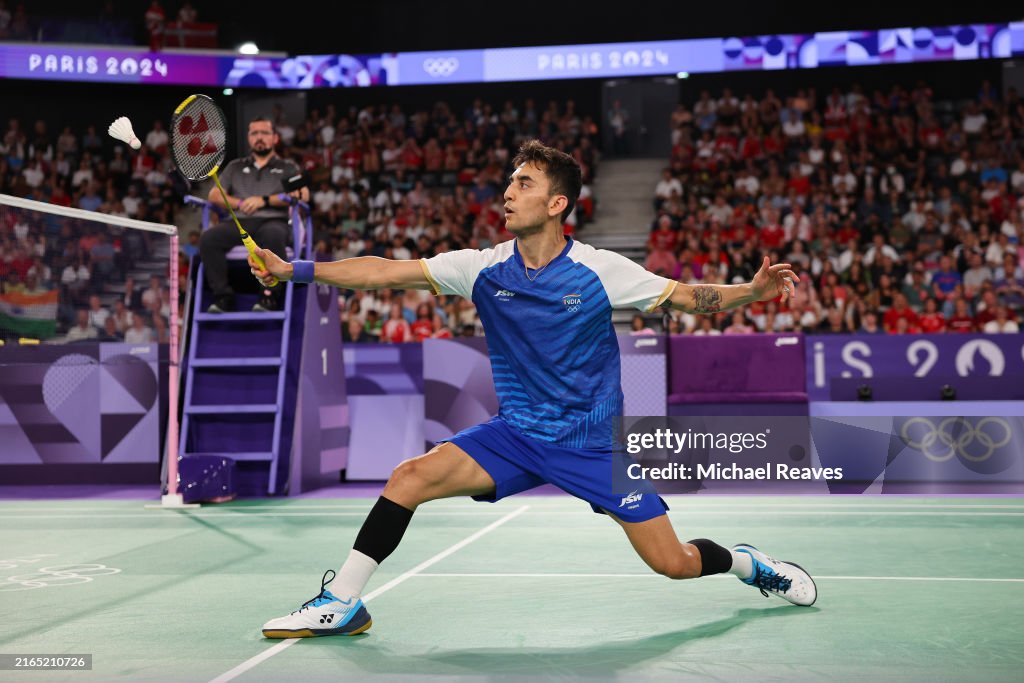Cricket, despite being a non-contact sport, carries a significant risk of injuries, with concussions being one of the most serious concerns. Players, especially batters, wicketkeepers, and close-in fielders, are vulnerable to head injuries from fast deliveries, bouncers, and accidental collisions. While muscle strains, sprains, and fractures are common in cricket due to the physical demands of bowling, batting, and fielding, concussions require immediate medical attention due to their potential long-term effects.
During the fourth T20I between India and England at MCA Stadium in Pune, all-rounder Shivam Dube, who played a fantastic knock of 53 runs in 34 balls, faced a concussion. In the final over of the Indian inning, Shivam Dube was hit on the helmet and complained of delayed onset of concussion symptoms.
Bowling all-rounder Harshit Rana replaced Shivam Dube as a concussion substitute during the fourth T20I between India and England at the Maharashtra Cricket Association Stadium in Pune on Friday. He immediately impacted the match with his impressive bowling stats of 3/33 in 4 overs.
According to reports, English captain Jos Buttler and many cricket experts were surprised by the decision to name Harshit Rana as a concussion substitute. Some questioned whether the replacement was like-for-like, while others emphasized the importance of player safety in such situations.
As per Rule 1.2.7 of the ICC’s Men’s T20I playing guidelines, If a player sustains a concussion or suspected concussion as a result of a head or neck injury during the course of the relevant match, a concussion replacement may be permitted in the following circumstances:
1: 1.2.7.1.1 The head or neck injury must have been sustained during play and within the playing area described in clause 1.2.5.2 above;
2: 1.2.7.1.2 A concussion or suspected concussion must have been formally diagnosed by the Team Medical Representative;
3: 1.2.7.1.3 The Team Medical Representative or Team Manager shall submit a Concussion Replacement Request to the ICC Match Referee on a standard form, which shall:
According to the guidelines, “The ICC Match Referee should generally approve a Concussion Replacement Request if the substitute is a like-for-like player and does not provide an undue advantage to their team for the rest of the match.”
Additionally, “If the ICC Match Referee determines that the nominated Concussion Replacement, in their usual role, would give their team an unfair advantage, they may impose conditions on the substitute’s identity and participation. This ensures the replacement remains a like-for-like substitute for the concussed player, aligning with the primary objective of fairness.”




